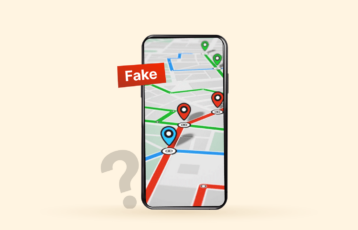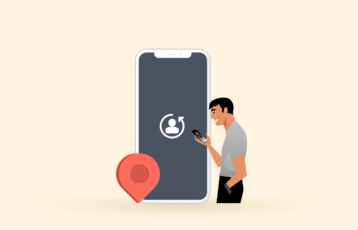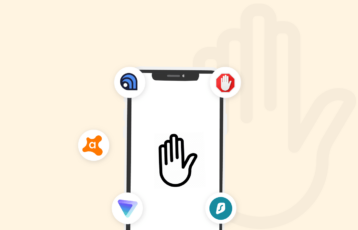FaceTime seems convenient one of the most popular and convenient ways to stay connected. It runs on Apple devices such as iPads, iPhones, and iPod touches. Also on Macs running compatible versions of macOS. Whether it’s catching up with friends, attending online meetings, or even making business calls, FaceTime makes it easy to connect.
While it feels convenient and secure (because it’s built into Apple devices), FaceTime isn’t completely risk-free. Like any communication tool, it carries potential privacy and security concerns that many users should overlook. How come? From accidental oversharing to risks of eavesdropping and misuse of personal data, the dangers can be more serious than they seem.
Understanding these risks is essential to avoid trouble and ensure your conversations stay private. This article breaks down the hidden dangers of FaceTime and how to protect yourself.
What are the dangers of using FaceTime?
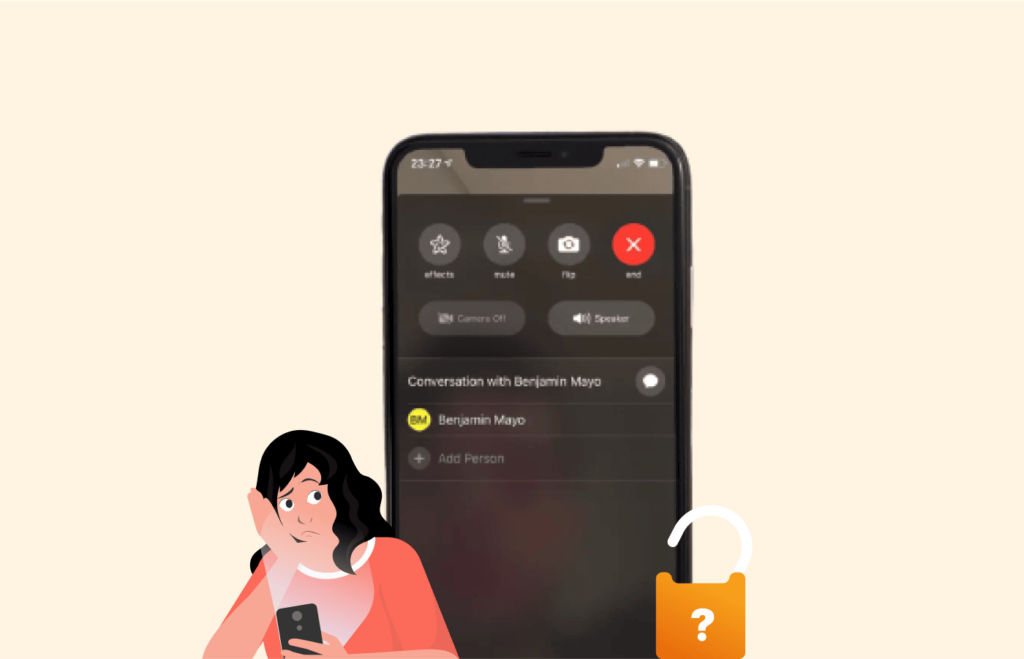
As highlighted above, FaceTime offers many positives, but it also has some negatives. And ironically, these negatives are not limited to those triggered by malicious actors.
This section will explain the various dangers of using FaceTime.
1. Addiction
FaceTime is the most popular video call feature/software among iOS device users. Despite the rise of video call apps and features such as Skype, WhatsApp Video Call, Facebook Messenger Video Call, and more, Apple’s FaceTime has maintained its relevance. This enduring popularity is due to the feature’s ease of use.
However, as with every user-friendly thing, FaceTime induces addiction, especially among young people. The software’s engaging features, like group video calls, encourage endless hours of conversations among friends. Young and old people often get so carried away by these conversations that they lose track of time.
This situation may lead to an addiction over time, affecting other aspects of a FaceTime user’s life.
2. Lack of physical interaction
Video calls aim to bring friends and family closer when they are far away from one another. It’s a temporary solution, not a permanent one. Unfortunately, some people use FaceTime like it’s a permanent solution; they use the feature to replace physical interaction.
When you spend hours daily interacting with friends and family on FaceTime, you slowly and unconsciously have less physical interaction. This situation may develop into you developing a sense of insecurity when meeting real people. When you prioritize virtual engagements over physical interactions, there’s something wrong.
3. Distraction from other activities
FaceTime offers an immersive experience that encourages constant interaction and triggers addiction. Once addiction sets in, you’ll spend several hours Facetiming. This addiction distracts you from work and other productive activities requiring your time.
If you start getting less time to work due to uncontrolled use of FaceTime, your work will suffer, and you’ll be less productive. This situation will affect other parts of your life, including those who look up to you to provide. Spending endless hours on FaceTime can also leave you with less time to sleep, causing health problems in the long term.
Also, spending too much time on FaceTime can distract you from physical activities like walking, running, or other exercises critical to your health.
4. Inappropriate behavior on video calls
Gone are the days when iPhones and iPads were so exclusive that only wealthy adults used them. Today, most kids in high school use an iPhone. As you might have guessed, this group loves Facetiming and spends much time with their friends on video calls.
While there’s nothing wrong with teens keeping up with their friends, some kids indulge in inappropriate behavior during these video calls. They make friends with strangers on Facebook, Instagram, X (formerly known as Twitter), and other social media apps in hours or days and start Facetiming.
The danger of this behavior is falling prey to sexual predators who often target teens and encourage them to expose themselves inappropriately. Even teens who make inappropriate video calls with people they trust may be publicly exposed due to a breach of trust, carelessness, or mistakes.
A study found that 22% of teen girls send inappropriate media (photos or videos) of themselves online. In contrast, 18% of boys in the same group do the same. While parents can monitor activities on their kids’ phones, tracking them all is impossible. Therefore, allowing your children to use FaceTime without your permission is unsafe.
Not to forget mentioning that adults can also be victims of inappropriate exposure.
5. Cyberbullying and cyber extortion
As we mentioned in the previous section, unsuspecting FaceTime users can be victims of targeted attacks. If you expose yourself inappropriately to malicious actors on FaceTime, they will take your photos or videos and blackmail you with them. Such actors often demand money in exchange for inappropriate pictures and videos to be deleted.
Unfortunately, some don’t fulfill their promises, and they return to extort their victims for extra money for as long as they wish.
Besides, FaceTime may result in cyberbullying if you or your loved one falls victim to a sadistic person. Such a person may capture photos or videos of your intimate video calls and threaten to circulate them on the internet just to satisfy their sadistic desires. Some sadists even leak the media, causing serious mental health issues for the victim.
6. Threat from hackers
Another danger of FaceTime is the threat from hackers. This software affords couples in trusting, long-distance relationships to have intimate moments. These moments are supposed to be private and unknown to third parties, but there’s a threat of hackers getting through.
Truly, Apple promises that FaceTime is secure and end-to-end encrypted from third parties, including the maker. However, we’ve seen several cases of hackers breaking into supposedly safe systems in the past.
Do you remember when the nudes of celebrities were leaked online after hackers penetrated their iCloud? Although Apple tried to evade responsibility, a mass attack suggests vulnerability in a system. Apple tightened security after that hacking, but there is no full guarantee hackers can’t access FaceTime.
How to secure your loved ones from FaceTime dangers
Now that you know the dangers of FaceTime that can get you in trouble with iPhone 13 and other iOS devices, you can protect yourself and your loved ones by taking precautions.
1. Disable calls from unknown people
The first thing you can do to protect yourself or your loved one from picking up unknown video calls on FaceTime is to disable it. You can disable calls from unknown contacts on your iPhone with these simple steps:
- Open “Settings” on the target’s phone.
- Scroll down to the “Phone” menu and tap it.
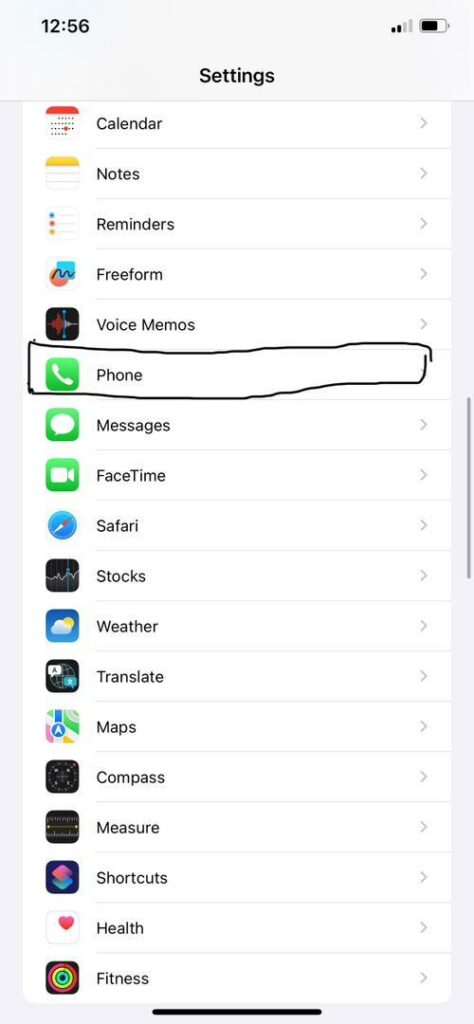
- Then, look to the bottom of your screen and find a “Silence Unknown Callers” menu. Tap on it and then toggle it on.
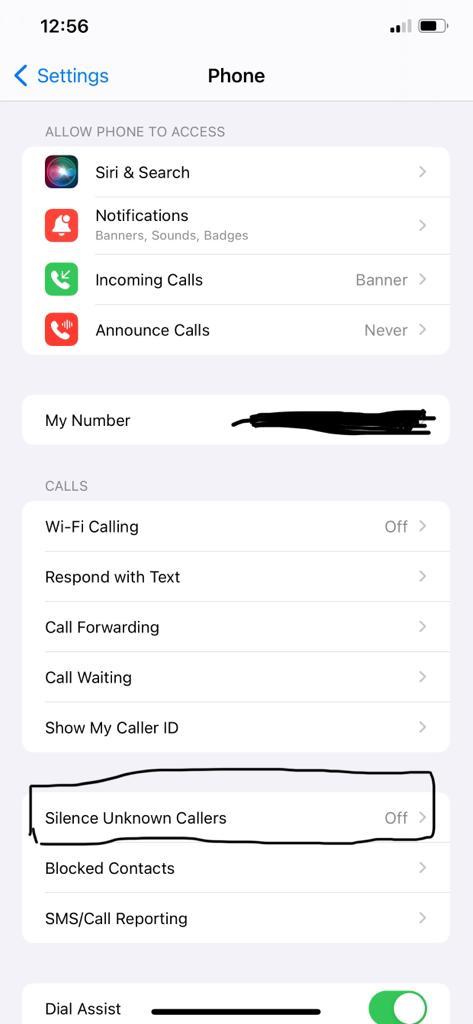
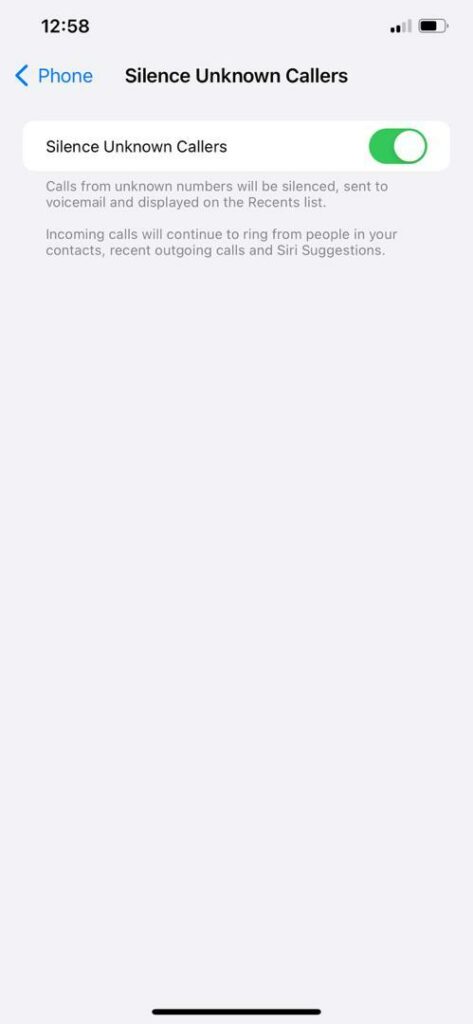
When you disable calls from unknown numbers, they will be sent to voicemail and displayed on the recent list.
Note: The call silencing feature is available for iPhone users with iOS versions 13 and above.
2. Use secure and private internet connection always
Free public internet networks are often vulnerable to cyberattacks. Using such networks to FaceTime may give hackers a rare opportunity to snoop on your calls. You can avoid this risk by using only secure and private home internet networks for FaceTime. You can also use reliable iPhone VPNs to protect your communications.
3. Secure device and control access
If you Facetime with a significant other, there’s a chance you take screenshots or screen recordings during your calls. Ensure that you secure your device with a passcode. Not only will a password secure your device, but it will also control access to your phone’s content and who can make calls with your phone.
4. Enable two-step verification for Apple ID
There’s a possibility of someone Facetiming with your Apple ID and masquerading as you to lure your loved ones into a trap. You can avoid this scenario by enabling two-step verification for your Apple ID. That means malicious actors can’t access your data with only a passcode.
Are FaceTime calls encrypted?
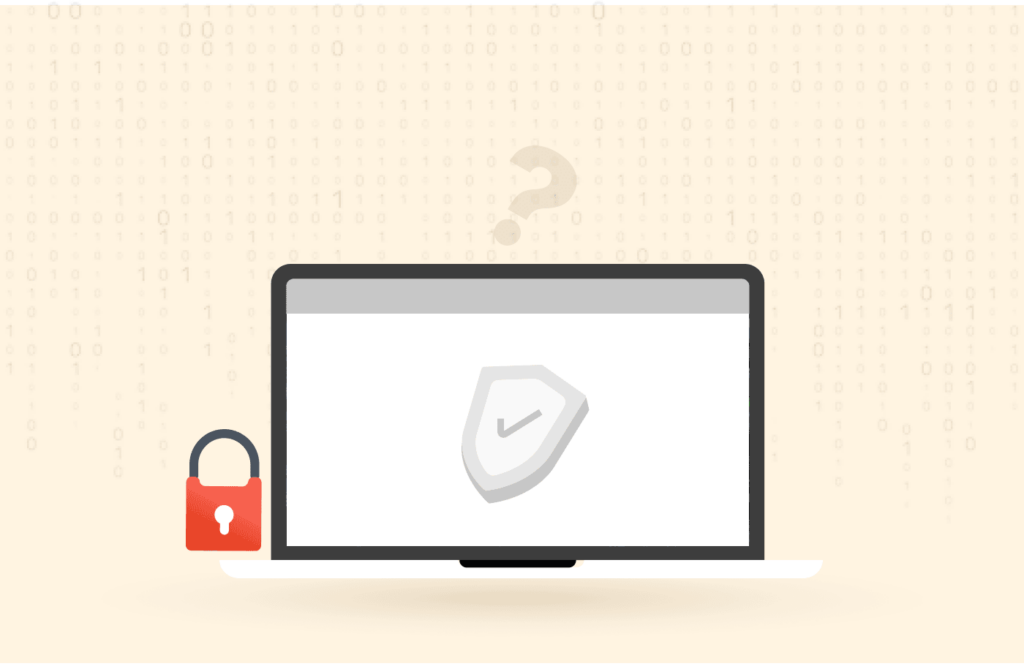
FaceTime offers an easy chance to talk with friends, family, and partners and see their faces and what they are up to. In these circumstances, people, especially couples, say and do private things they don’t want others to know about. People who don’t want their activities to leak often prioritize software that encrypts them.
FaceTime is one of the solutions that such people count on because Apple uses high-grade end-to-end encryption to protect users’ personal information and activities. This encryption typically prevents FaceTime activities from leaking to a third party or being intercepted.
Moreover, Apple is renowned for its robust privacy protocols. Although the company has faced a few cybersecurity lapses in the past, it has recovered well and regained the trust of millions of users worldwide.
While using FaceTime, your voice and video are in a language that only your target receiver can decipher. That means third parties can’t decipher your communication. These third parties include Apple, which makes it a policy to keep all communications between only the caller and the recipient. Additionally, Apple doesn’t store calls data on its server, ensuring your call is private.
Yet, despite FaceTime’s tight encryption, you shouldn’t be complacent in your online activities. Ensure you don’t give out your personal information carelessly by avoiding clicking suspicious links or downloading unknown files online.
Also, download and install updates whenever they’re released so you can always have the latest security patches with no vulnerabilities.
Can FaceTime be tapped?
The internet is an incredible space to learn and interact, but just like the physical space, it has countless malicious actors looking to hurt users. Internet users, including FaceTime users, are continuously at risk of attacks by hackers. Thankfully, FaceTime boasts end-to-end encryption to repel unwanted access to your calls.
Apple’s high-grade encryption means that it is highly resistant to external interception. This encryption has so many security layers that even the most determined hackers find it difficult to penetrate it (but it is still hackable and breachable).
Apple uses the Internet Connectivity Establishment (IEC) to create a peer-to-peer link between devices. Hence, only the sender and receiver can access the data they send to each other. Each call session uses a unique, non-reusable key for the next call to prevent hackers from tracing you.
These security features make FaceTime difficult to tap by Apple, the government, hackers, and other third parties.
Are FaceTime calls private?

FaceTime has maintained relevance for several years for many reasons, including its effective privacy measures.
First, it uses high-grade end-to-end encryption to ensure your calls stay between you and your intended receiver. That means no one, whether an Apple engineer, a government agent, or a hacker, can listen in on your call. The only people who can have access to your FaceTime calls are people you add to a group chat.
Moreover, Apple’s commitment to user privacy extends to not recording FaceTime conversations or storing any data directly related to your calls.
Although the company says in its FaceTime’s terms of service that it can use some information from the app to improve its products, this information is not tied to your identity or your private calls.
Conclusively, it’s safe to say that FaceTime calls are private, and you can have intimate moments with your partner as long as you take other safety measures not to expose your personal information.
Is FaceTime HIPAA compliant?
FaceTime is designed to be HIPAA compliant due to its end-to-end encryption, which prevents messages from being intercepted. So, your health information cannot be intercepted through FaceTime. However, humans using FaceTime can compromise the compliance level due to their decisions.
FAQs
Apple says FaceTime is secured with tight end-to-end encryption. While end-to-end encryption is often reliable to deny malicious actors access, it is not unbreakable. That means determined hackers may break FaceTime’s encryption with time and resources.
FaceTime is generally safe for couples sharing intimate moments over video calls. However, couples taking screenshots and screen recordings of their calls must avoid exposing their phone to others.
FaceTime’s robust encryption makes it almost impossible to hack. There’s little possibility of hackers breaking the encryption, listening to your calls, or stealing your data. However, hackers are constantly devising new ways of breaking defenses. Therefore, we advise you to take basic internet safety measures to avoid helping hackers with your personal information to get to you.
iOS notifies when someone is recording you on the call. However, users can bypass this by using external recording devices or software. Only FaceTime with people you trust.



